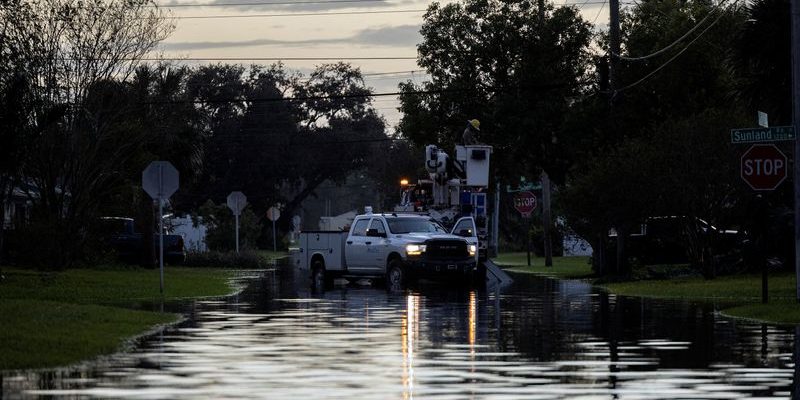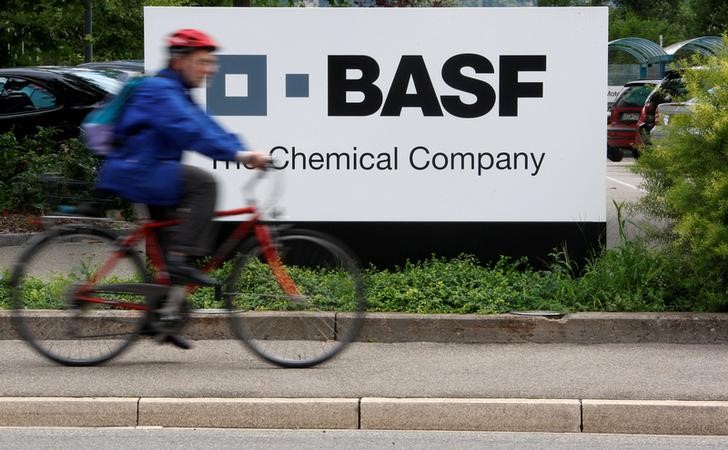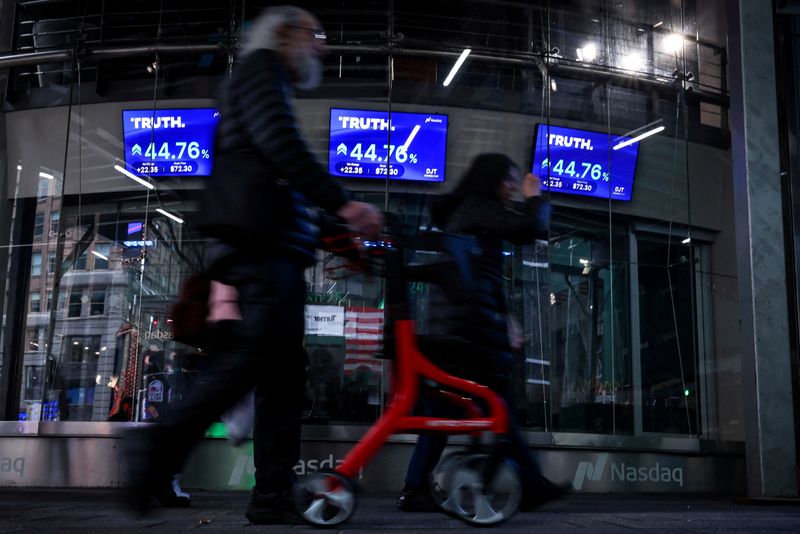
By Matt Tracy
(Reuters) – Hurricane Milton tore through Florida last week, causing as much as $55 billion in property damage throughout the Sunshine State, according to the latest analyst estimates. Hitting just two weeks after Hurricane Helene, Milton was the latest in a series of major hurricanes in recent years to disrupt Florida’s property insurance market.
While severe storms have prompted several insurers to pare back underwriting in Florida over the last few years, a number of insurers told Reuters they plan to continue coverage in the state following Milton.
Here are responses from some private insurers to Reuters questions about their plans in Florida:
CITIZENS PROPERTY INSURANCE
Florida’s state-funded insurer, Citizens Property Insurance, has become the top insurer for the state after taking on policies ceded by other companies that have pulled back or left the state.
With over 1.2 million policies, Citizens aims to reduce its exposure to under a million policies through its Depopulation Program, whereby private insurers agree to take over policies from the state insurer, a Citizens spokesperson told Reuters.
“Citizens right now is in a very strong financial position,” said Citizens spokesperson Michael Peltier, noting the insurer has seen about 80,000 claims come in so far related to Milton. “We expect to be able to pay all claims on Milton and Helene without having to levy assessments on non-Citizens policyholders.”
STATE FARM FLORIDA INSURANCE
“At this time, State Farm is primarily concerned with assisting its Florida customers with recovering from the hurricanes that recently made landfall in the state,” State Farm said in a written statement.
“State Farm plans to continue our presence in the Florida insurance marketplace. Our current plans include a commitment to responsible growth so that we can maintain the financial strength to deliver on our promises to our customers.”
UNIVERSAL PROPERTY & CASUALTY INSURANCE
“We’ve been providing property insurance in Florida since 1998 and remain firmly committed to the state, particularly given that we’re Floridians ourselves — both of our insurance companies are domiciled in Florida and the majority of our employees are based here,” Universal’s chief strategy officer, Arash Soleimani, told Reuters in a written statement.
“Throughout our nearly three-decade history in Florida, we’ve navigated many hurricanes, including far more severe storms than Hurricane Milton and more active hurricane seasons than 2024. Some years, such as 2004, 2005 and 2024 have multiple storms, while other years, such as the 10-year period from 2006-2015, are quiet. Nothing that’s happened this year has been outside our modeled expectations and we look forward to serving Floridians for many years to come.”
ASI PREFERRED INSURANCE CORP
Progressive began reducing its Florida presence in mid-2022 to focus on states with less catastrophe exposure, but continues to serve Florida homeowners through its subsidiary ASI Preferred Insurance Corp, the tenth-largest property insurer in the state.
“Last September, we announced we would be implementing some changes with our home business in Florida that allowed us to rebalance our exposure, however, we continue to write property business in the state,” a Progressive spokesperson told Reuters in a written statement.
SLIDE INSURANCE COMPANY
“Slide remains committed to the Florida market and to restoring the long-term stability for the benefit of homeowners across the state,” said Slide Insurance, the sixth-largest property insurer in Florida, in a written statement.
CASTLE KEY INDEMNITY COMPANY
Allstate-owned Castle Key, the ninth-largest property insurer in Florida, told Reuters it has worked with regulators to protect as many customers as possible.
“For customers we can no longer cover, we work with other carriers to offer alternative coverage offerings,” Allstate (NYSE:ALL) said in a written statement.
“More frequent, severe weather, higher repair costs and legal system abuse are limiting insurance availability and causing rates to rise in many states, including Florida. The cost to protect homes in Florida is higher than the price of insurance policies.”












